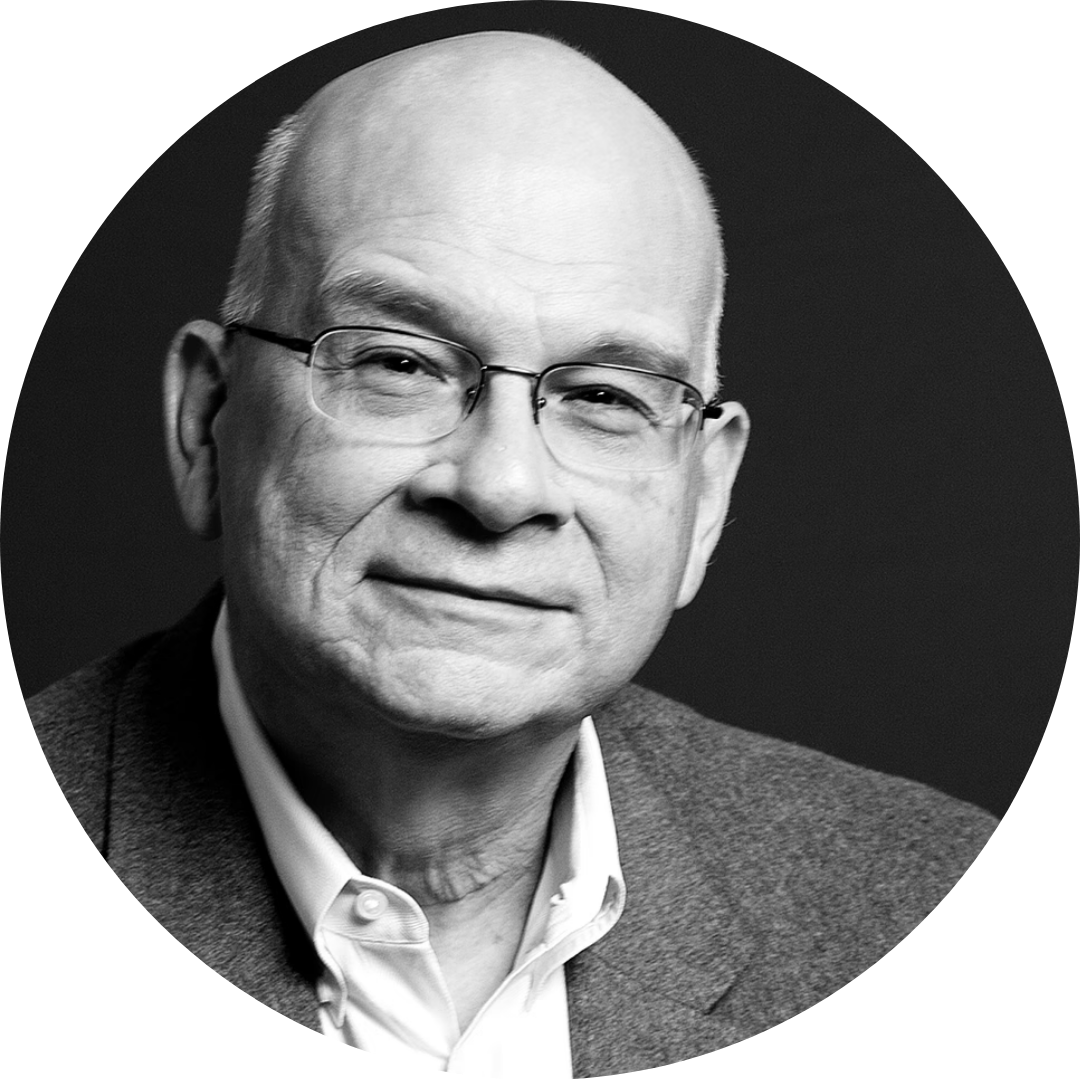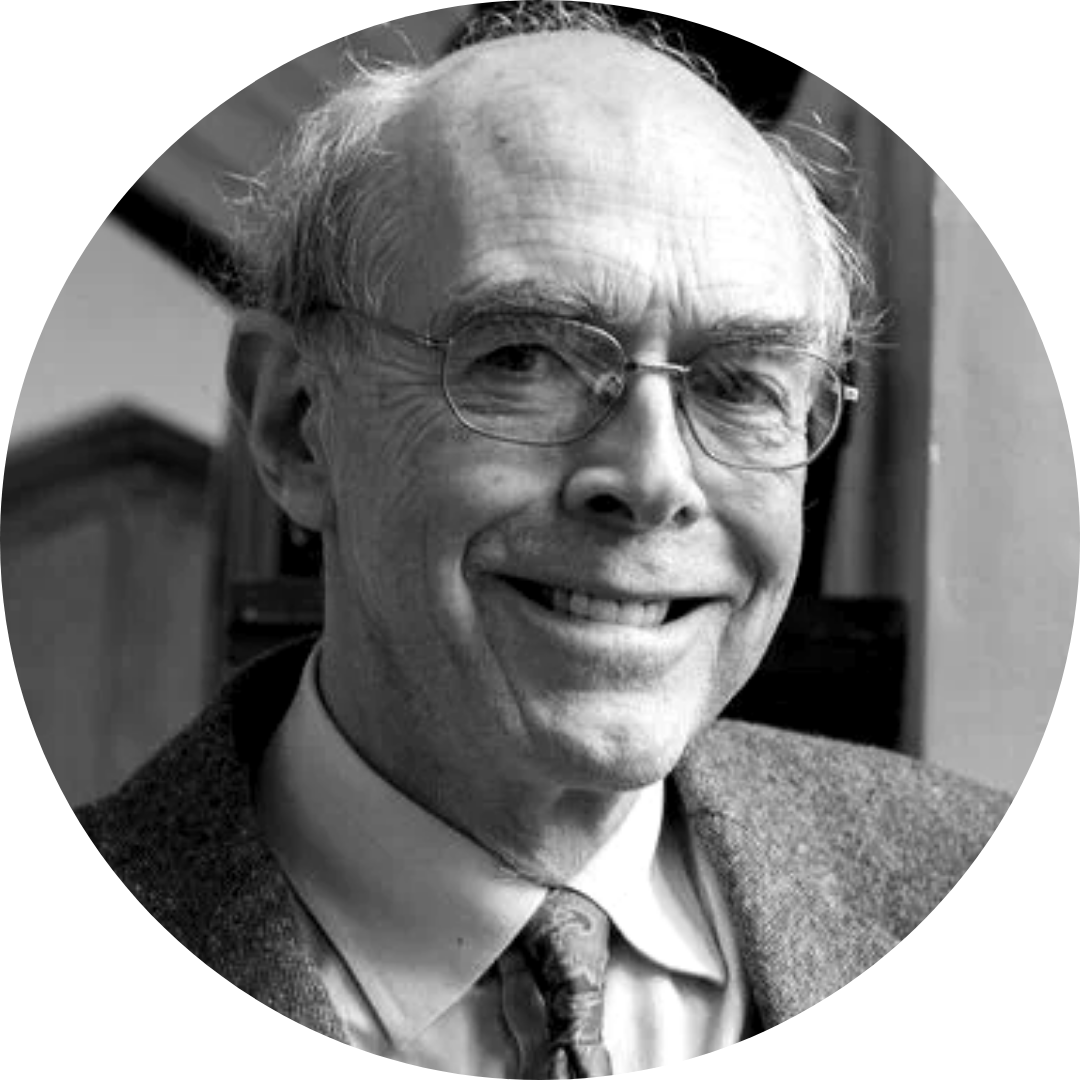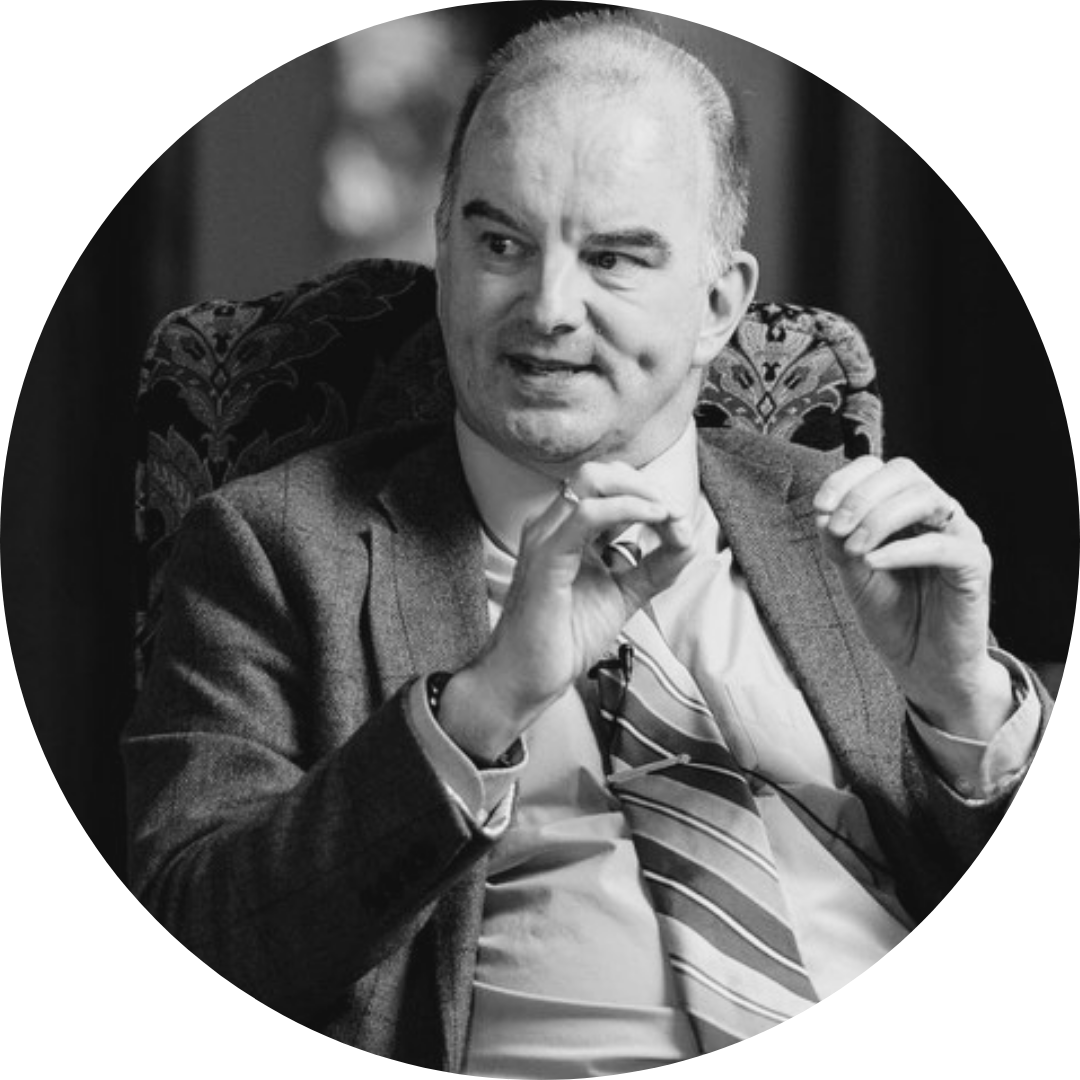Thoughtful Christian media for those seeking depth in a shallow age
The Mere Orthodoxy Code
We believe in a set of ideals that guide all we do. The goal isn't to simply produce media, but to embody the kind of church and world we hope to see.
Rooted Orthodoxy in a Fractured World
We uphold the ancient truths of Nicaea and Scripture's teachings on sex and gender while faithfully navigating today's cultural challenges, embracing the world as God has objectively made it—in all its coherence and beauty.
Christian Love in an Angry World
We defend Christian beliefs in Christian ways—choosing love, hope, and confidence over aggression, anxiety, and fear—refusing to vanquish enemies or change the world through power plays.
Patient Reflection in a Reactive World
We practice patient, faithful reflection rather than embracing radicalization, reckless hot takes, or compromise, giving ourselves time to think deeply about matters of eternal significance.
Irenic Hearts in a Partisan World
We communicate what is good, true, and beautiful with irenic hearts and elegant words, rejecting partisanship, tribalism, and credentialism.
Redemptive Media in a Distracted World
We utilize various forms of media as digital missionaries to champion reason, persuasion, and conversation as genuine social goods that shape moral imagination and intellectual understanding in faithful Christian ways.
The Mere Orthodoxy Code
1. Rooted Orthodoxy in a Fractured World
We uphold the ancient truths of Nicaea and Scripture's teachings on sex and gender while faithfully navigating today's cultural challenges, embracing the world as God has objectively made it—in all its coherence and beauty.
2. Christian Love in an Angry World
We defend Christian beliefs in Christian ways—choosing love, hope, and confidence over aggression, anxiety, and fear—refusing to vanquish enemies or change the world through power plays.
3. Patient Reflection in a Reactive World
We practice patient, faithful reflection rather than embracing radicalization, reckless hot takes, or compromise, giving ourselves time to think deeply about matters of eternal significance.
4. Irenic Hearts in a Partisan World
We communicate what is good, true, and beautiful with irenic hearts and elegant words, rejecting partisanship, tribalism, and credentialism.
5. Redemptive Media in a Distracted World
We utilize various forms of media as digital missionaries to champion reason, persuasion, and conversation as genuine social goods that shape moral imagination and intellectual understanding in faithful Christian ways.
.png?width=1000&height=667&name=Mere%20Orthodoxy%20Photos%20-%20Rounded%20Corners%20(1).png)
What We Do
Daily Essays
Every weekday, we publish new articles from thoughtful writers across the globe on topics relating to the church, culture, formation, family, theology, technology, book reviews, and global issues.
Print Journal
Three times per year, we publish a print journal with premier essays. These essays are written to disrupt the status quo for the renewal of the church, culture, family, and individuals.
Podcast Network
We believe in having meaningful conversations and that the best thinking is done together. We produce a variety of podcasts for pastors, lay leaders, parents, academics, and the spiritually serious.
What Others Are Saying

Tim Keller
Founding Pastor Redeemer Presbyterian Church
"Mere Orthodoxy is unique in the world of journals and journalism. First, it is committed to historic Protestant orthodoxy. Indeed it sees, rightly, far more resources in the work of early Protestant thinkers than modern evangelicalism does. Yet, secondly, it uses that orthodoxy to reflect on, critique, and engage with the most contemporary cultural developments. Third, it deploys many great younger Christian scholars whose voices are so important now. Mere O is important for Christians to read and support."

Oliver O'Donovan
Fellow of the British Academy and professor emeritus of Christian ethics and practical theology at the University of Edinburgh
"I find myself wondering whether the loss of grip on Christian morality and Christian ethical reflection that are so evident in pastoral ministry is simply one side of a loss of grip on theology… The ordained clergy are often, as it were, on the back foot themselves, in an important way, not resourced to cope with the sort of world they face in their parish… Given the provisions we make for them I’m not sure what else we can expect. That sounds a bit gloomy, doesn’t it? Well they can always subscribe to Mere Orthodoxy, and that will give them a little bit of help along the way."

Carl Trueman
Professor at Grove City College, Fellow at the Ethics and Public Policy Center
"In an era when the culture of online engagement tilts less towards the establishment of truth and more towards the scoring of points, Mere Orthodoxy is a place where intellectual engagement with pressing theological and cultural issues is pursued in a manner self-consciously connected to Christian character. It does not reduce thinking to soundbites, clickbait, or tribal signaling. Instead it seeks to promote thoughtful discussion on pressing topics that conduces to the peace, unity, and edification of God's people. Even when I disagree with the views expressed, I always find my own thinking challenged and sharpened. If you believe that the goal of Christian intellectual interaction is that we should grow both in truth and in character, Mere Orthodoxy should be on your regular reading list."

Andrew Wilson
Teaching Pastor at King's Church London
"I have five Christian websites pinned on my home screen, and Mere Orthodoxy is one of them. It’s also the one whose articles I spend the most time reading, thanks to the blend of biblical, historical and cultural insight, the clarity and charity of the writing, and the theological vision it represents. Also, if I’m honest, I just love reading people who are much smarter than I am discussing things that matter. Bravo, Mere O."
Our Team

Jake Meador
Editor-In-Chief and Chairman
Jake Meador is a 2010 graduate of the University of Nebraska-Lincoln where he studied English and History. He lives in Lincoln, NE with his wife Joie, their daughter Davy Joy, and sons Wendell, Austin, and Ambrose.
Jake's writing has appeared in The Atlantic, Commonweal, Christianity Today, Fare Forward, the University Bookman, Books & Culture, First Things, National Review, Front Porch Republic, and The Run of Play.
He has written or contributed to several books, including In Search of the Common Good: Christian Fidelity In A Fractured World (IVP '19), What Are Christians For?: Life Together at the End of the World (IVP '22), A Protestant Christendom? (Davenant Press), and Telling the Stories Right (Front Porch Republic Press).

Mark Kremer
Publisher and Executive Director
Mark Kremer is a graduate of the University of Northwestern St. Paul, MN. His career includes 30 years in pastoral leadership at two churches, and more than 20 years in non-profit leadership, and publishing.
In addition to leading Mere Orthodoxy, Mark consults with churches and ministries on leadership, vision, strategic planning, outreach, stewardship, and cultural engagement.
He and his wife, Donna, have six grown children and three grandchildren.

Ian Harber
Director of Communications and Marketing
Ian Harber is a graduate of Dallas Baptist University with a B.A. in Communication Theory. He has written for The Gospel Coalition, Mere Orthodoxy, RELEVANT, Digital Liturgies, his Substack, Back Again, and more.
He is the author of Walking Through Deconstruction: How To Be A Companion In A Crisis of Faith (IVP '25).
Ian has over a decade of marketing and communications experience working with nonprofits, churches, Christian podcasts, publications, and small businesses.
He lives in Denton, TX with his wife Katie, and two sons Ezra and Alastair where they are members of their local church.
Our Editorial Board

Jake Meador
Chairman
Editor-In-Chief of Mere Orthodoxy

Nadya Williams
Books Editor
(PhD, Classics, Princeton University) Author, Classicist, Historian

Samuel James
Author, Director of Content Development for Crossway

Kirsten Sanders
(PhD, Theology, Emory University) Writer

Matthew Loftus
Medical Missionary in East Africa

Susannah Black Roberts
Senior Editor of Plough

Tessa Carman
Literature teacher, editor, and writer
The Christian story is one of unexpected and unlooked for resurrection. As we seek to follow Christ, we work with the hope of final resurrection, and yet also with hope that God might breathe new life into the west’s dry bones.
It is with that hope that we go about this work.
.png?width=750&height=500&name=Mere%20Orthodoxy%20Photos%20-%20Rounded%20Corners%20(3).png)
